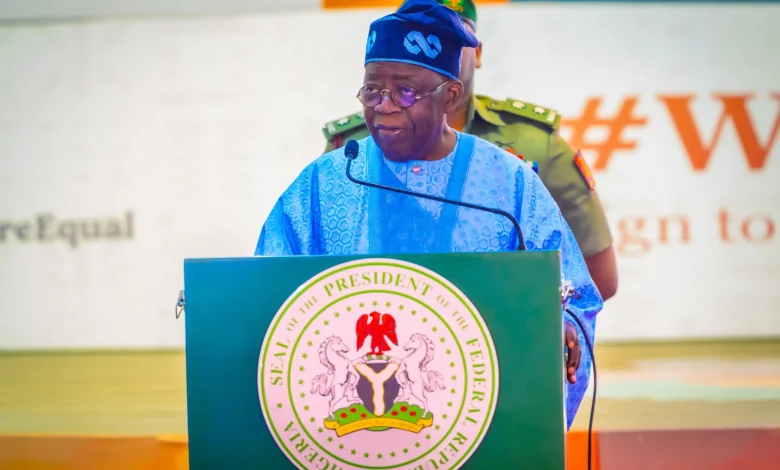President Tinubu’s One Year: Renewed Hope or Renewed Shege?

It has been a year since Bola Ahmed Tinubu assumed office as the 5th President of Nigeria’s Fourth Republic. His government has made significant changes that have received both praise and criticism. While some citizens are groaning due to the economic challenges, a good number also consider its potential long-term benefits.
Demonstrating his commitment to democracy and displaying resolute leadership, as evidenced by his Renewed Hope Agenda, Tinubu has instilled a sense of assurance and reliance in the minds of many Nigerians.
Walk with me as I review key events from the past year under his regime. This includes removing fuel subsidies, student loan initiatives, and a host of others.
In the wake of his assumption as President in 2023, a wide outcry emerged from the masses as he called to quit the fuel subsidy gulping most of the country’s revenues and resources. This decision was met with an already bleeding economic stability, rising unemployment, and a rise in the prices of goods. Needless to these situations, his resilience in balancing the growing nation’s GDP topped his priority.
As a result, the economy saw some balanced growth because more resources could go to important areas like healthcare, education, and infrastructure. This action also reduced petrol imports by 50%.
Meanwhile, his decision to float the naira, meant to stabilize the currency and attract foreign investment, has had mixed results. While it should allow for a more accurate exchange rate it is the practice in other parts of the world, it has caused the naira to drop in value, leading to higher prices for imported goods. Reports from the Central Bank of Nigeria show that the naira has lost over 30% of its value since the policy started.
Introspectively, would you agree Tinubu’s efforts to cut government spending have helped improve the economy? Let’s look at it this way: after months of analyzing his inner circle, he cut down on the number of people who travel with him, both inside and outside Nigeria, and ensured this applies to his wife and the Vice president. He also cut down the need for many security personnel when he visits different states in Nigeria because the state’s security system will take care of his safety. It’s worth noting that every person and resource used for these purposes comes from the nation’s purse.
Another commendable measure announced by Tinubu’s administration is the Student Loan Scheme, designed to assist a greater number of young individuals in accessing higher education by eliminating financial obstacles. A substantial 1.2 million young Nigerians are poised to be the initial beneficiaries of this Student Loan Scheme under the guidance of President Tinubu. The application procedure for this initiative, sanctioned by President Tinubu on April 3, is anticipated to commence shortly.
The issue of national security has been a big problem for previous administrations, and the present government under the leadership of Tinubu has been compelled to device strategies to address these concerns. Fortunately, there have been notable achievements thus far. By adhering to the President’s directive of refraining from paying ransoms to kidnappers, bandits, and other criminals, the federal government, state authorities, and security agencies have collaborated effectively to enhance the situation.
As the Tinubu administration pushes forward with long-term enhancements in infrastructure, healthcare, and economic stability, it is important to reiterate the immediate repercussions of these measures are challenging for a large number of Nigerians. Thus, striking a balance between the need for great transformations and the imperative to alleviate short-term struggles is a key obstacle for the administration!






2 Comments